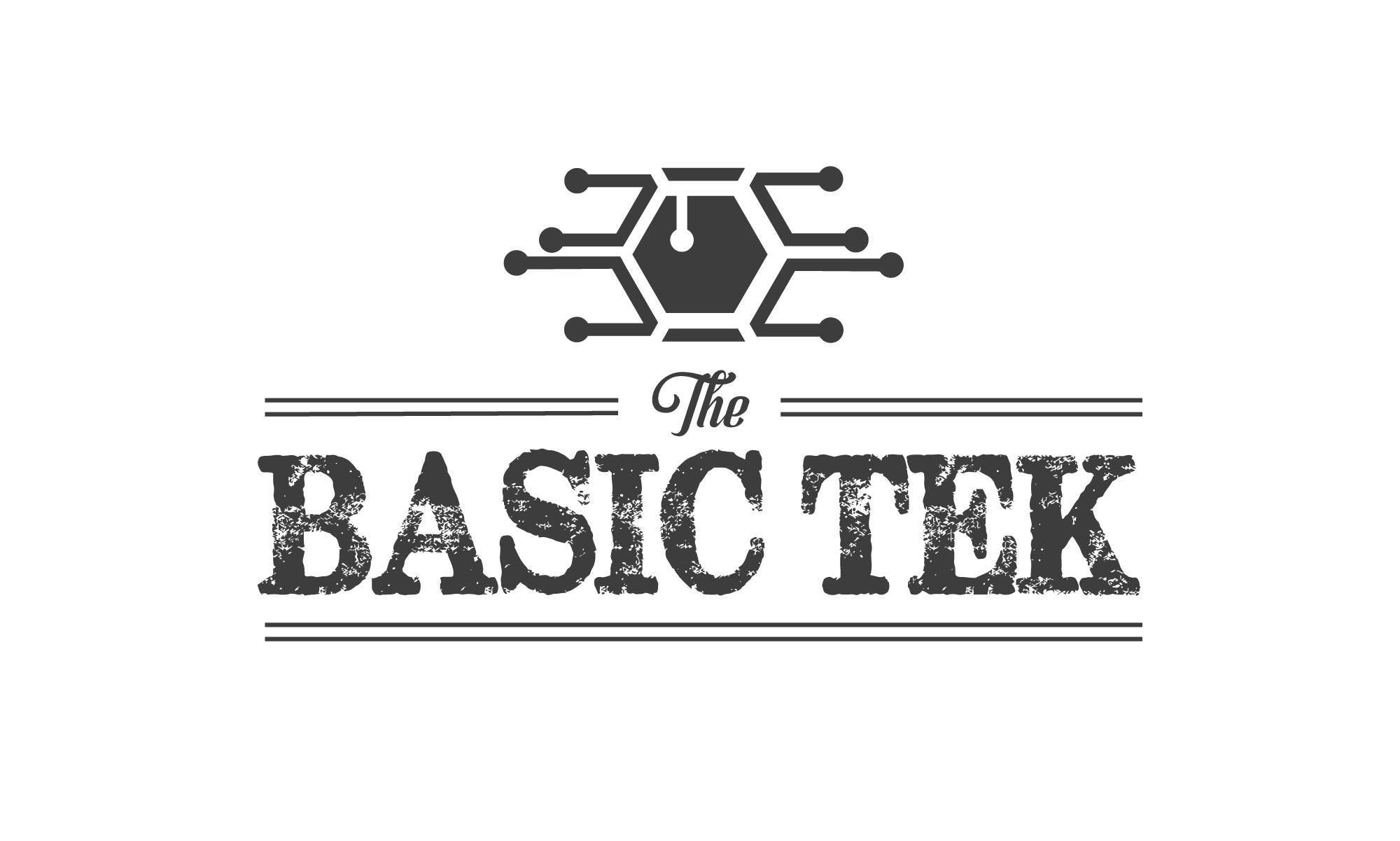Alright, so here is the part where i can say what i do as a computer tech, support tech, some titles vary. But I would rather explain how I gained some experience without any previous jobs. Yes temp agencies help, but as i say before you need some sort of experience not just book experience. Even the agent helping you get a job will need to know if you had at least some hands on related experience, besides school. If you had a chance to; create something, build something or fix it. All this just shows you are passionate, curious and dedicated to do the job without being forced to do so. Again, you must find it in yourself to enjoy what you do, not every part of things will be enjoyable but for the most part if it’s interesting and you find yourself having a good time ( at least experiencing the feeling of being proud and excited to make things work, is rewarding) than you found your niche!
Ok so i will list some things i did and have done to keep up with learning..
- Creating a home lab is essential and can include: virtual server using VMware or Virtualbox, as mentioned in “Time to Grind!” page.
- Build a PC, upgrade your current PC, or build one. (you can find giveaways or cheap PCs on Craigslist https://washingtondc.craigslist.org/search/sss?query=PC&excats=5-136-1-37 , even a pawn shop)
- Find some tutorials on how to troubleshoot PCs/Servers.
Soon you will find yourself wanting to fix every electronic component in your house :p. I will list some tutorials that helped me before.
- Linus Tech tips and NCIX Tech tips: ( Fun and informative)
https://www.youtube.com/user/LinusTechTips/playlists
https://www.youtube.com/user/NCIXcom/playlists
- Jayztwocents: (This guy is a true Master Builder)
https://www.youtube.com/user/Jayztwocents/playlists
- Mike Meyers: ( The man behind Comptia A+, Network+ books, you can find more from him through a little research. Fun and interactive course)
https://www.udemy.com/comptia-a-certification-902-the-total-course/
- Cody Miller Ubuntu Linux Server Troubleshooting:( Not dry at all, Cody delivers some great tips on what to keep in mind while troubleshooting)
https://www.udemy.com/ubuntu-linux-server-troubleshooting/learn/v4/overview
- Jason Cannon Linux for beginners: ( lots of information to start with and gives you the basics to work on Linux Servers)
https://www.udemy.com/linuxforbeginners/learn/v4/overview
I may update this a bit more as more things come to mind but that about sums it up on what i personally look into to learn from. Udemy.com and Youtube has definitely been my go to, i apologize if there’s not much info on Windows troubleshooting as in my experience Most big time servers run Linux so it is good thing to at least know some basics. Again there is a lot of tutorials and courses out there to cover everything or at least the basics for Windows.
Key Components
There are a few things i want to point out to be very important at least in my experience in most interviews besides thinking about how to troubleshoot it’s best to keep these topics in mind:
TCP/IP: What is it?
DHCP and DNS: how do these work and why is it important
https://www.youtube.com/watch?v=RUZohsAxPxQ < DHCP
https://www.youtube.com/watch?v=GlZC4Jwf3xQ < DNS
SSH: What is SSH and why/how you would use it.
NAS: Network attached storage.
RAID: Redundant Array of independent disks. Very important to understand why it will be used for a server:
I should mention that you should look into how to troubleshoot these as well but knowing of it is a big deal, you can always learn on the job. Depending on what the future awaits you as computer tech, you could be looking after a Windows server or Linux so you will need to look into how to troubleshoot bad Network connections, Drive issues, as well as memory. Understanding a boot process of a Windows or Linux is probably something that the interviewer may ask.
Here are some samples for Linux Boot process:
Linux Boot Process: Understand how it works and steps.
https://www.youtube.com/watch?v=DOkPZojTOhI
Again i will be updating this in case i missed something, but that is the whole point of this blog is for us all to learn from each other. I will be updating on other technologies in which one can learn from, now.. Best of luck!!
